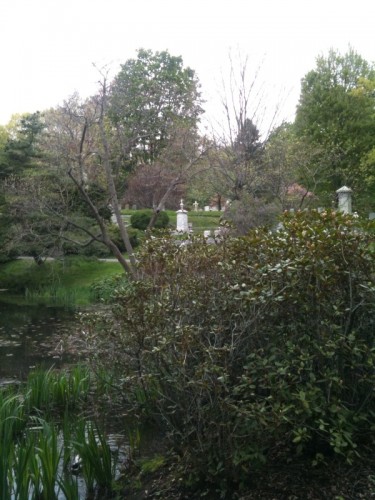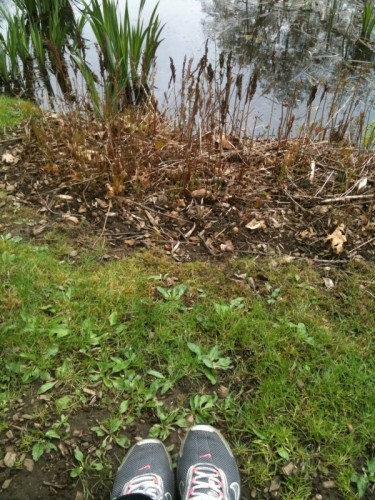I listened to Fix You by Coldplay on repeat yesterday morning on my commute to work. It was my second to last day in the office, and my fear of change is really taking root. As I’ve written before, I’m not good at change. I’m especially not good at endings, which feel like they’re piling up right now. I know intellectually that what lies ahead is going to be good, but emotionally I’m still fearful. Because of this I’m in a state even more porous than usual, reflective, melancholy, thoughtful.
I listened to Fix You, over and over, remembering a post I’d written about it last summer. I thought about the notion of being fixed, of needing to be fixed in the first place. I remembered Bindu Wiles’ beautiful post that asserted, in no uncertain terms that constructive critiscim … is a scam. I recalled Kelly Diels’ powerful essay about how we are not put on earth as a corrective action. And I thought about how the idea of wanting to fix someone implies unavoidably that they are broken.
I find myself returning to one of Kelly’s sentences: I am going to meet you where you are. I am not going to try to force you into what I think you should be; instead, I am going to witness you as you are. I am going to try to remember that people are who they are mostly because that is who they are, not because of anything to do with me. I am going to try harder to accept the light and the dark that exists inside everyone – most of all, myself – because to do otherwise is frustrating for me and hurtful for them.
I wonder, though, where the line is between useful, productive self-improvement and accepting the self. I know few things better than that expansive, hopeful feeling of: yes, that is a good point, thank you for seeing me so clearly, let me do a better job with X and Y. I’m not saying we should not listen to others’ input and strive to be better and more mature. In fact I think “self-acceptance” can often be code for not trying to overcome our flaws or redirect bad patterns of behavior. And I know I have learned things from others that have essentially changed how I think about myself and the world – for the better. But how to remain open to this while retaining a fundamental commitment to my self-worth? That is the tension I don’t quite know how to navigate.
One of the myriad reasons I read is to learn about people seeing, knowing, and loving others for their fundamental truth. One of my favorite stories about this is The Time Traveler’s Wife, a book that is, to me, a beautiful meditation on accepting people for who they are, limitations and all. It is about loving someone and being willing to embrace all of the things about them that make them who they are, even the uncomfortable and inconvenient ones.
I suppose, really, all of this focus on relationships with others is just a prelude to working on the relationship with self. As Jung said, the most terrifying thing is to accept oneself completely. Maybe my working to accept others fully, to honor their complexities, is a first step towards offering myself that kind of forgiveness and love. Not an easy thing for me to do. I am as bad as the next person at clinging to my hopes of how someone else will react to me, of stubbornly wanting them to behave a certain way, rather than simply meeting them where they are. I realize what this implies in terms of my expectations of myself.
Maybe this time of flux, when it feels like the ground beneath my feet is heaving around, is the perfect time to address some of these challenges. I feel reminded, in a visceral way, of the fact that I am simply not in control of the world around me. May this serve as a reminder also that I am not in control of other people either.
It is, really, very simple. Compassion. Remembering that people are, mostly, doing their best. That behavior that hurts and stings me usually comes from somewhere deep in the other person that has nothing to do with me (I know, shocker, right?). In many cases, in fact, I should feel privileged to be exposed to the molten core of all that is unresolved and difficult for another person. And perhaps I can turn some of that gentleness onto myself. And see that maybe, just maybe, I don’t need fixing myself.


